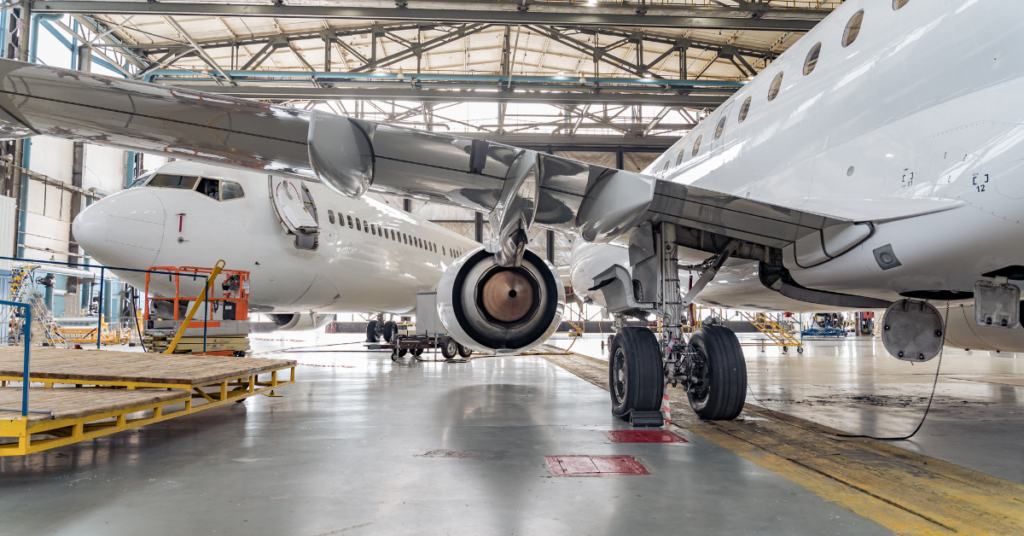
Micro, Small and Medium Enterprises (MSMEs) operating within the defence and aerospace sectors must rigorously adhere to stringent quality standards to effectively integrate into the global supply chain. This was the key message delivered by Bharat Electronics Limited (BEL) chairman and managing director, Manoj Jain, at the curtain-raiser of the 7th edition of the India Manufacturing Show (IMS), also known as the ‘Aerospace & Defence Engineering Expo’.
Jain emphasised that unwavering commitment to quality and achieving the appropriate certification are non-negotiable for MSMEs seeking to participate in the highly competitive global arena. He stated explicitly that “MSMEs must align with stringent quality and certification standards if they are to be part of the global supply chain.” This adherence to standards is crucial not only for accessing global markets but also for ensuring the reliability and performance of defence and aerospace products, ultimately boosting exports.
Furthermore, Jain highlighted the need for flexibility from both large industries and MSMEs, while stressing that this flexibility should never come at the expense of regulatory compliance. Maintaining high standards alongside adaptability is vital for fostering a robust and responsive manufacturing ecosystem within the defence and aerospace industries.
Despite the clear imperative for MSMEs to meet exacting quality standards, significant challenges remain in their journey towards integration into the defence and aerospace global supply chain. One of the primary hurdles is the cost associated with achieving the necessary certification. For many smaller enterprises, the investment required for testing, documentation, and process upgrades can be prohibitively expensive. This financial strain often limits their ability to compete with larger, more established players in the market.
Another significant obstacle lies in accessing the latest technologies and expertise. MSMEs frequently lack the resources to invest in advanced manufacturing equipment or to hire skilled personnel with specialised knowledge of aerospace and defence requirements. This technology gap can hinder their ability to produce components that meet the stringent specifications demanded by prime contractors and international partners. The government and industry bodies need to facilitate technology transfer and skill development programs to bridge this gap.
Furthermore, navigating the complex regulatory landscape presents a considerable challenge. Defence and aerospace industries are heavily regulated, with intricate compliance requirements that can be difficult for MSMEs to understand and implement. The lack of awareness and understanding of these standards can lead to errors and delays, potentially jeopardising their chances of securing contracts. Simplifying regulatory processes and providing clear guidance and support to MSMEs are essential steps to unlock their potential in boosting defence exports and fortifying the global supply chain.
For MSMEs that successfully navigate the challenges and embrace stringent quality standards and certification, significant global opportunities await within the defence and aerospace sectors. The increasing emphasis on indigenisation and self-reliance in many countries, including India, creates a burgeoning demand for locally sourced components and services. This shift presents a unique chance for MSMEs to step up and become integral parts of the global supply chain.
Specifically, the growing global aerospace market, driven by increasing air travel and defence spending, offers substantial prospects for MSMEs specialising in areas such as precision engineering, electronics, and software development. By demonstrating their commitment to quality and adhering to international standards, these enterprises can secure contracts with major aerospace manufacturers and suppliers worldwide. This will not only enhance their revenue streams but also contribute to the overall growth of the domestic manufacturing base.
Furthermore, the defence sector’s continuous need for upgrades and modernisation presents another avenue for MSMEs to thrive. Opportunities exist in providing components for military aircraft, naval vessels, and land-based systems. By focusing on innovation and developing cutting-edge technologies, MSMEs can position themselves as valuable partners to large defence contractors, both domestically and internationally. The focus on quality and exports can help these MSMEs integrate into the global supply chain.